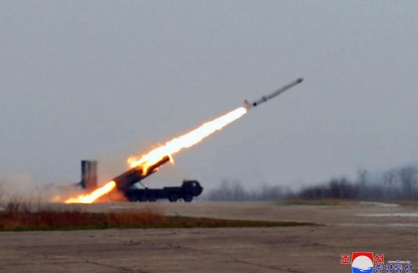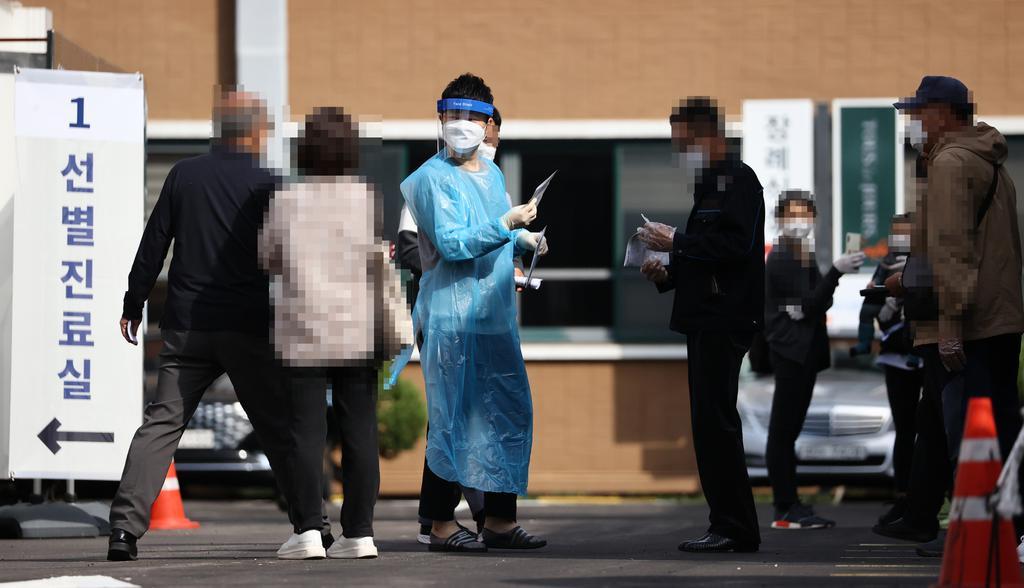 |
(Yonhap) |
South Korea's new virus cases spiked again Monday, though the daily tally stayed below 100 for the fifth consecutive day, as the country eased its tougher social distancing measures.
The country added 98 COVID-19 cases, including 69 local infections, raising the total caseload to 24,702, according to the Korea Disease Control and Prevention Agency (KDCA).
It marked a sharp rise from 58 cases reported Sunday and 72 cases identified Saturday. The daily figure had rebounded to 114 on Wednesday last week before falling back to 69 the following day.
Starting Monday, the country eased its social distancing scheme by one notch to Level 1, allowing people to normalize most of their daily activities while taking basic precautions.
So-called high-risk facilities in the greater Seoul area, such as clubs, karaoke rooms, bars and buffet restaurants, are also allowed to operate normally starting Monday.
They are, however, obligated to follow infection preventive measures, including having visitors wear masks, and keep entry logs.
Churches in the Seoul metropolitan area, which have been hotbeds of sporadic cluster infections, will still be banned from having gatherings other than regular worship services. They can only fill up 30 percent of their seats as well. The ceiling also applies to sports event.
Wearing protective masks at crowed places or public transportation is still mandatory. Starting Nov. 13, the government plans to slap a fine of 100,000 won ($87) on those failing to follow the measure.
"From now on, we will try to refrain from taking extreme measures, such as fully shutting down facilities. Rather, we will roll out more detailed preventive measures for each sector," Yoon Tae-ho, a senior health official, said during a daily briefing.
"There will be some ups and downs in the number of daily new infections, but we can say that, overall, the figures are on the downward trend," Yoon added.
South Korea earlier designated a special two-week period for toughened virus curbs, which ran through Sunday, designed to prevent the spread of COVID-19 over the five-day Chuseok holiday, along with a separate three-day break from Friday to Sunday to celebrate the proclamation of the Korean alphabet.
Health authorities believe there have been no massive cluster infections traced to millions of people who traveled across the nation over the Chuseok holiday.
"But we will closely monitor the situation this week as in some cases, the incubation period may last more than five days," Yoon added.
South Korea operates a three-tier social distancing system.
Under the second level, indoor gatherings of more than 50 people are banned. The government has not yet issued the highest alert, which bans gatherings of 10 or more people, as it would come at a significant consequence in terms of the economy.
Despite the overall slowdown in the number of additional patients, health authorities are still raising their guard against COVID-19 cases with unidentified infection routes, which took up around 20 percent of the new infections over the past two weeks.
Cluster infections accounted for 21.2 percent of the new cases over the period, the latest data showed.
"We have revised the social distancing scheme by taking various factors, such as the livelihoods of self-employed people into consideration," KDCA Director Jeong Eun-kyeong said in a separate briefing. "However, we need to remember that there are still potential threats for infections."
Of the newly identified local infections, 29 cases were reported in Seoul and 17 cases in Gyeonggi Province that surrounds the capital. Incheon, west of Seoul, reported three more cases.
The southern port city of Busan also added three cases, and the central city of Daejeon reported 13 more patients.
A funeral hall located in western Seoul reported 10 more patients as of noon Monday, raising the total caseload to 11.
A sports facility in Suwon, south of Seoul, reported five new cases, raising the total to six.
A hospital in Busan also added one more patient, reporting 15 cases so far.
Imported cases came to 29, marking the highest number since July 29.
The uptick apparently came as a group of students from Nepal who arrived here for a Korean-language course tested positive.
Nepal accounted for 13 of the newly added imported infections here Monday.
Health authorities said the Nepalese patients handed in negative COVID-19 test results carried out within 72 hours upon the arrival. South Korea plan to look deeper into the credibility of institutions that issued the documents.
Cases traced to India came to four, trailed by Uzbekistan with three. The United States and the Philippines accounted for two cases each.
South Korea added one more death, raising the death toll to 432.
The fatality rate came to 1.75 percent.
The number of patients in serious or critical condition came to 87, down two from the previous day.
The total number of people released from quarantine after making full recoveries stood at 22,729, up 36 from the previous day. More than 92 percent of the COVID-19 patients reported here have been cured.
South Korea has carried out 2,415,610 COVID-19 tests since Jan. 3. On the previous day, the country carried out 5,127 tests, although more than 10,000 tests are normally conducted during weekdays. (Yonhap)

![[AtoZ into Korean mind] Humor in Korea: Navigating the line between what's funny and not](http://res.heraldm.com/phpwas/restmb_idxmake.php?idx=644&simg=/content/image/2024/04/22/20240422050642_0.jpg)
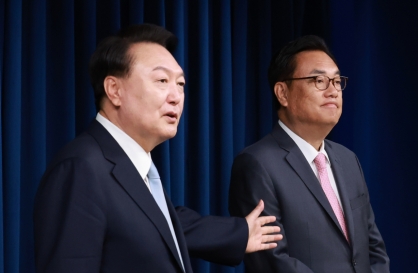
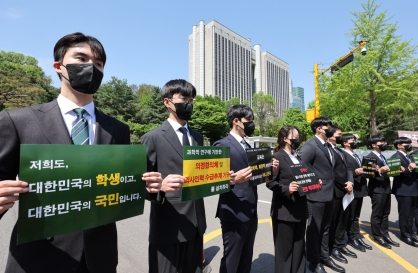
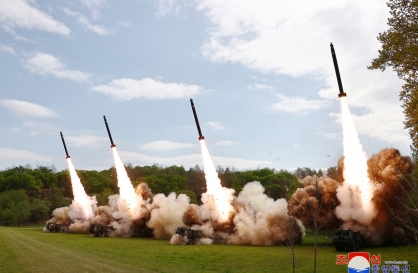
![[Herald Interview] Why Toss invited hackers to penetrate its system](http://res.heraldm.com/phpwas/restmb_idxmake.php?idx=644&simg=/content/image/2024/04/22/20240422050569_0.jpg)
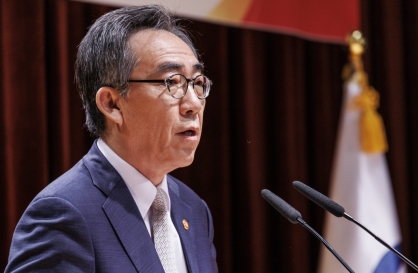
![[Graphic News] 77% of young Koreans still financially dependent](http://res.heraldm.com/phpwas/restmb_idxmake.php?idx=644&simg=/content/image/2024/04/22/20240422050762_0.gif)
